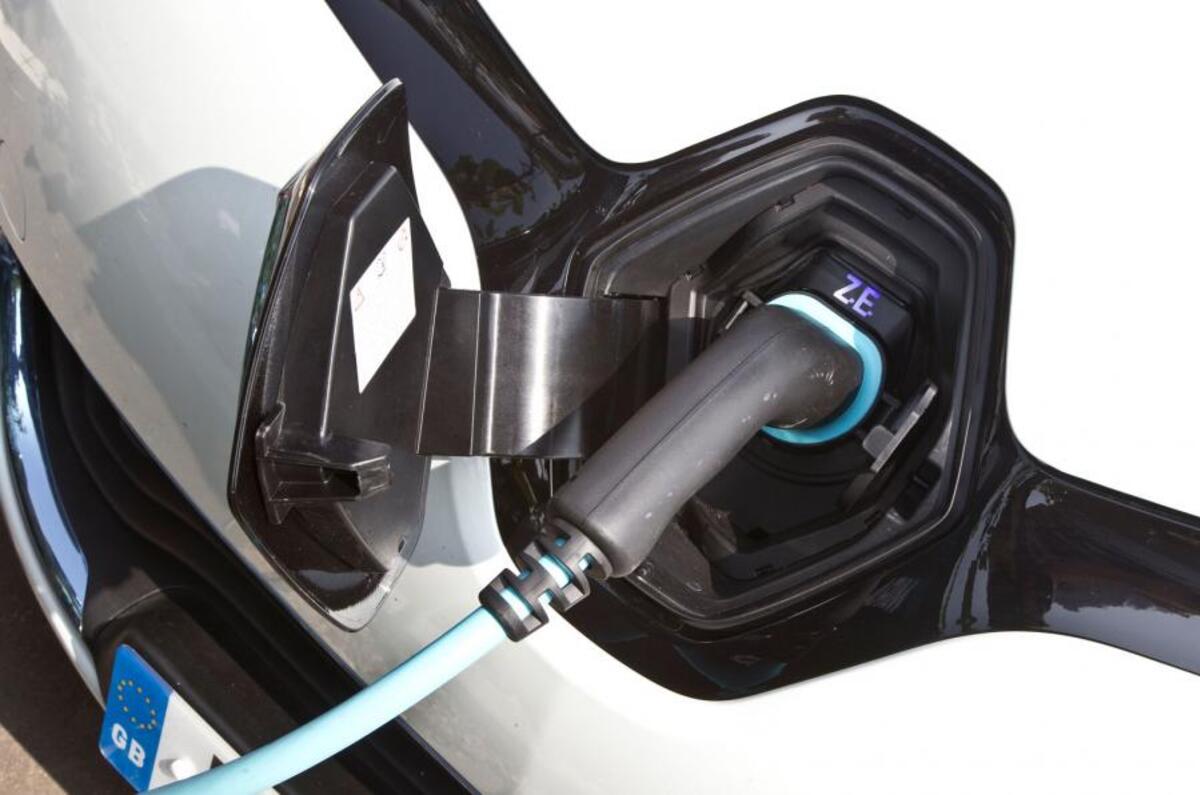The UK's plug-in vehicle grant has been extended until at least the end of March 2018, but the total value of the grant has fallen from £5000 to £4500.
The grant was previously extended to February next year, but the latest extension is aimed to boost the uptake of hybrid and electric vehicles for the coming years. Announcing the plan, Transport Minister Andrew Jones said the extension wuld mean more than 100,000 extra people would gain access to the grant.
"We are determined to keep Britain at the forefront of the technology," said Jones "increasing our support for plug-in vehicles to £600 million over the next 5 years to cut emissions, create jobs and support our cutting-edge industries.”
From March 2016, the grant will be split into two categories. Cars with a zero-emissions range of over 70 miles, dubbed Category 1, can receive a grant of £4500. Cars with a shorter zero-emissions range, dubbed Category 2 and 3, will receive £2500. Most plug-in hybrids will fall into Category 2 and 3.
A price cap is also to be introduced, with Category 2 and 3 vehicles costing over £60,000 being ineligable for the grant.
The plug-in vehicles grant was first introduced in 2011 to enourage the uptake of ultra-low emission vehicles (ULEVs) in this country. Around 50,000 people have taken advantage of the grant since its introduction, with the choice of available ULEVs in the UK growing five fold.
The government has also said it will continue to provide help to ULEV owners to help them install a charging point at home. From March 2016, owners can apply for a £500 grant to help cover the installation cost. The continued funding is part of plans to make almost all vehicles in the UK emissions free by 2050.
Car manufacturers have welcomed the changes, with Nissan GB managing director Jim Wright saying: "Today’s decision by government has reaffirmed their commitment to the uptake of ultra-low emission vehicles.
"This announcement, together with ongoing infrastructure developments, should see the growth and wider deployment of this technology continue.”
Renault has also said it supports the decision, while Mike Hawes, chief executive at the Society of Motor Manufacturers and Traders (SMMT) said: "We welcome the continuation of the Plug-in Car Grant, which has helped Britain become the fastest-growing market for ultra-low emission vehicles in Europe.
“The recently agreed global climate change targets underscore the important contribution ultra-low emission vehicles make – and will continue to make – to reducing carbon emissions. Manufacturers are offering increasing numbers of these vehicles – but a consistently applied incentive regime is still needed over the coming years to help consumers adopt these ground-breaking technologies."





Join the debate
Add your comment
Phase it out
Tiers, or tears for tax payers...
That was in my mind too, but then I wondered whether there would be a cynical move by manufacturers to produce cars with a 71 mile range and costing under £60k.
This grant should NOT be
@Centenary: It should be a tiered system
Maybe......